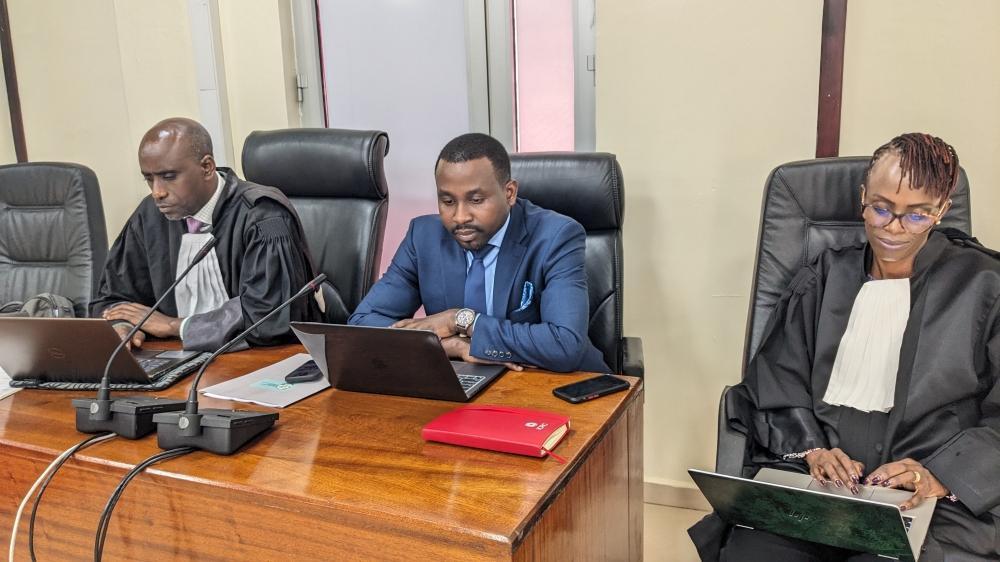Africa-Press – Rwanda. On May 5, Rwanda’s Supreme Court began hearing a petition filed by Kigali-based lawyer Jean-Paul Ibambe, who argues that Article 39 of the cybercrime law infringes on constitutional rights. The article criminalises publication, through digital platforms, of rumours likely to incite fear, violence, or damage reputations.
While the case raises questions about how far the law can go in regulating speech online, social media users have been raising concerns about the limits of freedom of expression and how some acts could cross the line into criminal offences. Others argue that clear limits are necessary to prevent social media from becoming a tool for harm.
Legal experts say that while freedom of expression is protected under Rwandan law, it is not absolute, and misuse, especially online, can have legal consequences.
“People often confuse freedom of expression with freedom from consequences,” said Laura Jeanne d’Arc Kagina, a lawyer based in Kigali.
“When someone spreads false information or insults others online, that’s no longer protected speech, it’s potentially a crime,” she said.
The Rwandan Constitution guarantees freedom of expression under Article 38. However, the same article cautions that this right must not infringe on public order, good morals or the dignity and privacy of others.
Rwanda also has specific laws addressing cyber offences. Article 39 of the 2018 law on the prevention and punishment of cybercrimes makes it an offence to publish rumours through computer systems that may cause fear, incite insurrection, or disturb public order.
Under the law, a person convicted of the offence faces a prison term of three to five years and a fine of one to three million Rwandan francs.
“This is particularly relevant for people using platforms like TikTok, Facebook, and Twitter,” Kagina explained.
“Posting defamatory videos, unfounded accusations, or insults online, even as so-called entertainment, can be legally punishable.”
Kagina explains that Rwanda’s approach to online expression balances individual rights with public interest.
“Online content doesn’t exist in a legal vacuum, once you post something harmful, and it’s seen by others, especially if it spreads quickly, that becomes an act with real consequences under the law,” she added.
Article 41 of the Constitution states that the enjoyment of freedoms must not harm others or violate laws meant to protect social welfare.
The intention behind a post, the act itself, and existing legal provisions are considered when courts are handling such offences.
While some argue for greater leniency on digital platforms, Rwanda’s legal framework prioritises responsible speech over viral popularity.
“Having a large audience online should not make someone untouchable,” Kagina said.
For More News And Analysis About Rwanda Follow Africa-Press






